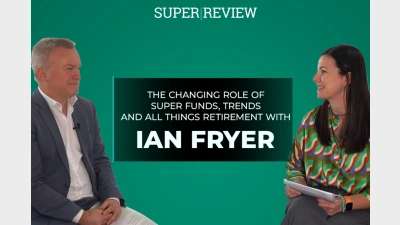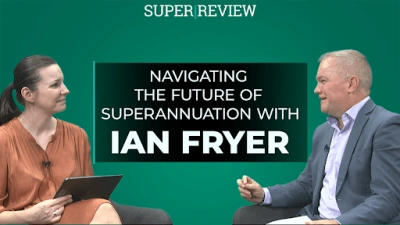When push comes to shove with APRA



Mike Taylor writer that there is much to be said for the Australian Prudential Regulation Authority’s (APRA’s) proposed changes to the superannuation prudential framework to lift operational governance practices of APRA-regulated superannuation trustees, specifically the changes to the so-called ‘outcomes test’.
However, APRA would be going much too far if it sought to use those changes as a mechanism via which to drive further consolidation of the superannuation industry; effectively forcing mid-scale funds into merger discussions with larger entities.
APRA deputy chair, Helen Rowell should be well aware of the widely differing views in the superannuation industry about whether scale actually drives better outcomes for fund members, with plenty of examples of mid-scale funds which consistently outperform their larger peers in terms of both investment returns and services. She would also be well aware of mid-size funds which serve particular industries and callings which require highly specific insurance needs.
It is in these circumstances that APRA will need to ensure it does not seek to over-reach itself in making assessments of superannuation funds, particularly those which fall on the cusp in terms of scale, service and returns.
Rowell’s August letter to superannuation funds outlining the regulator’s approach needs to be read in the context of comments she made to July’s Financial Services Council (FSC) Leader’s Forum where she seemed to make clear that APRA believed that some superannuation fund trustees and executives were not being objective enough in assessing the outcomes they were delivering to members.
She said APRA had long recommended that registrable superannuation entity (RSE) licensees adopt a broad ‘member outcomes’ perspective in assessing the outcomes of their business operations for all beneficiaries, noting that “beneficiaries of all
products provided by an RSE licensee, not just MySuper products, are entitled to have confidence that the RSE licensee is continuing to deliver quality, value for money outcomes in their best interests”.
“…to this end, APRA intends to consult on a proposal to require all RSE licensees to regularly assess whether the RSE licensee has provided, and is likely to continue to provide, quality, value for money outcomes for beneficiaries in all of its RSEs and products. The proposed assessment would include consideration of net investment returns, expenses and costs, insurance, and other benefits and services provided.”
In other words, superannuation funds are going to be assessed across a range of metrics and are going to be asked some difficult questions if, in APRA’s assessment, they are not living up to their members’ expectations.
The question is, of course, whether those within APRA are suitably qualified to make those objective assessments and whether such assessments can be uniformly applied across the diversity of funds which inhabit the APRA-regulated universe.
Indeed, it is arguable that a mega-fund such as AustralianSuper is just as capable of failing on one or two metrics as a mid-size fund such as LegalSuper and this begs the question of whether the regulator would then treat them equally.
While APRA should quite rightly nudge superannuation funds in the right direction, that nudge should not be allowed to become a compelling push.
Recommended for you
In this Super Review Product Spotlight episode, host Maja Garaca Djurdjevic speaks with Ian Fryer, general manager at Chant West, to discuss the latest developments in superannuation.
In this new Super Review Product Spotlight episode, host Maja Garaca Djurdjevic is joined by Ian Fryer, the general manager at Chant West. Together, they explore Chant West's enduring reputation in the industry and share insights on the imminent changes in the super landscape.
While the last two years have been challenging for the superannuation industry, there is more to come in 2022 and super funds will need to rise up to the challenge.
With 20/20 hindsight, the disengagement which occurred with the introduction of the MySuper regime was a mistake which now needs to be urgently corrected.









